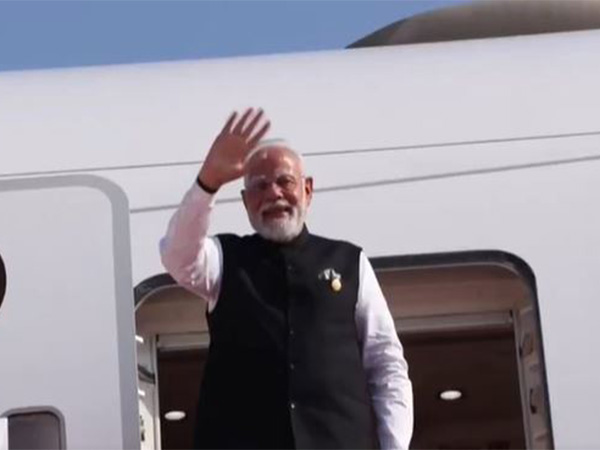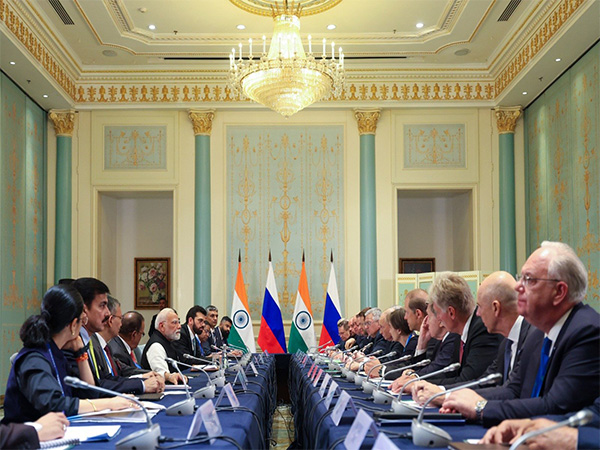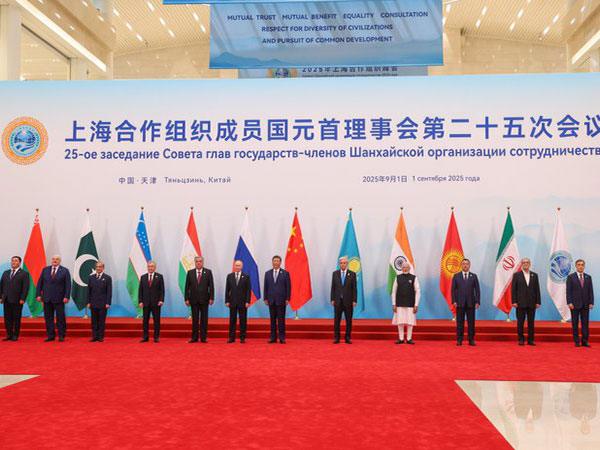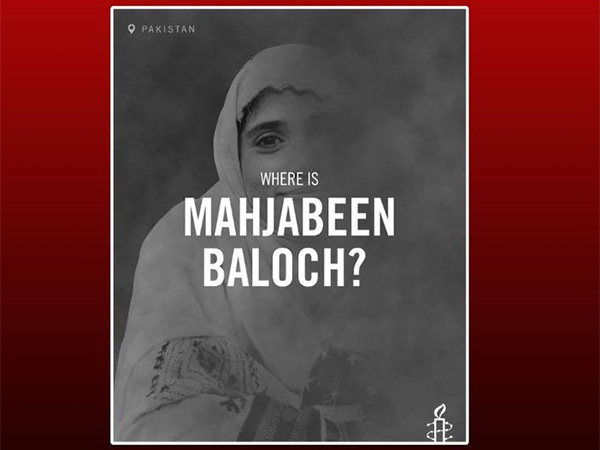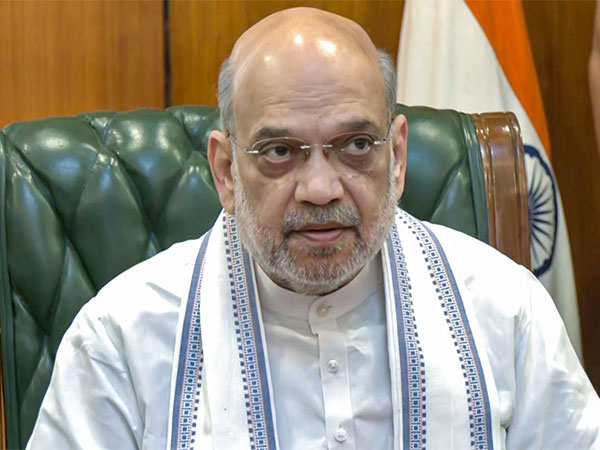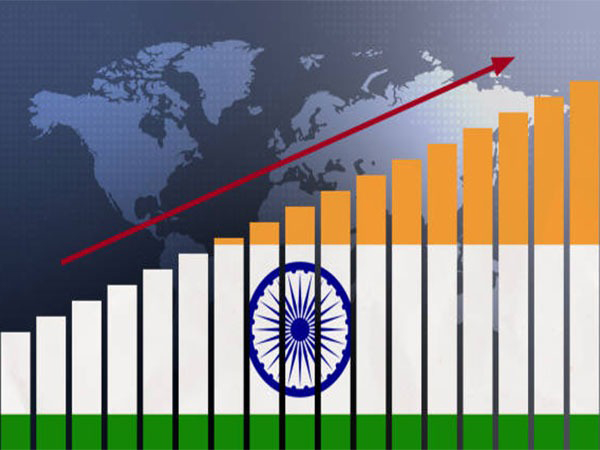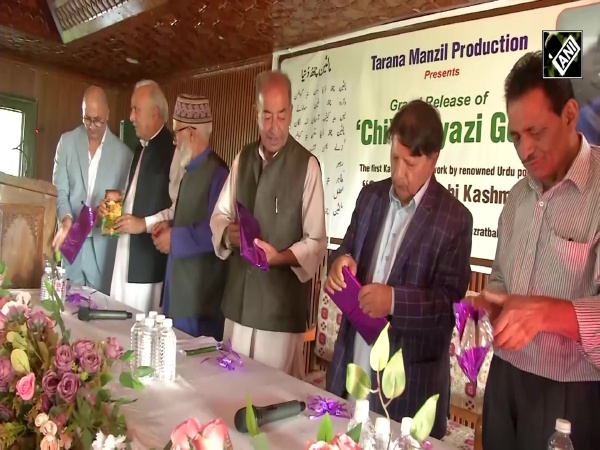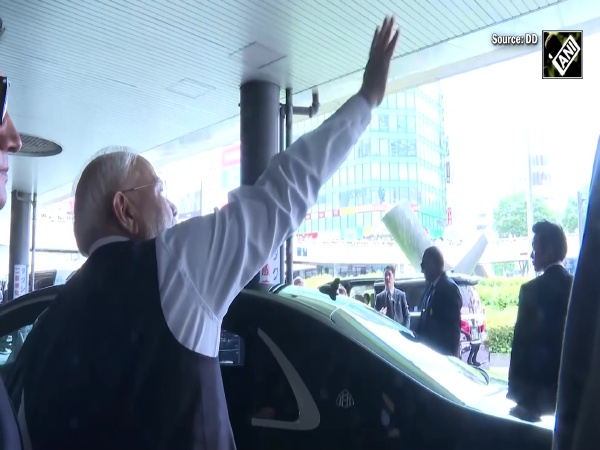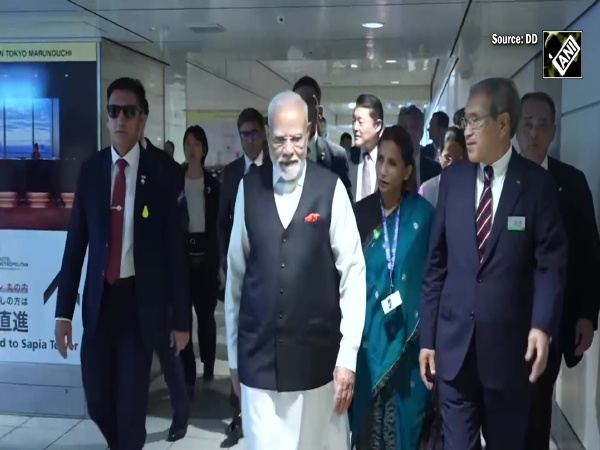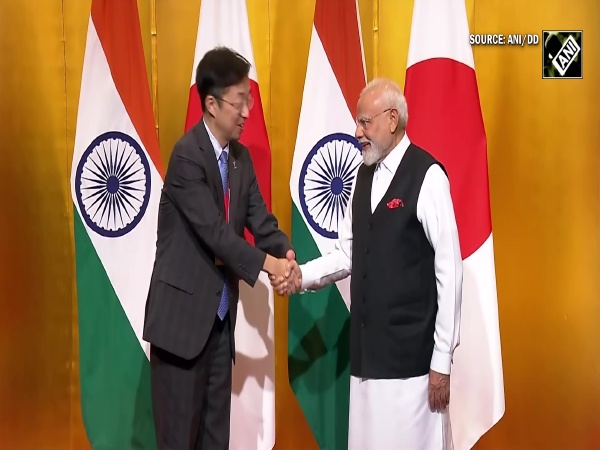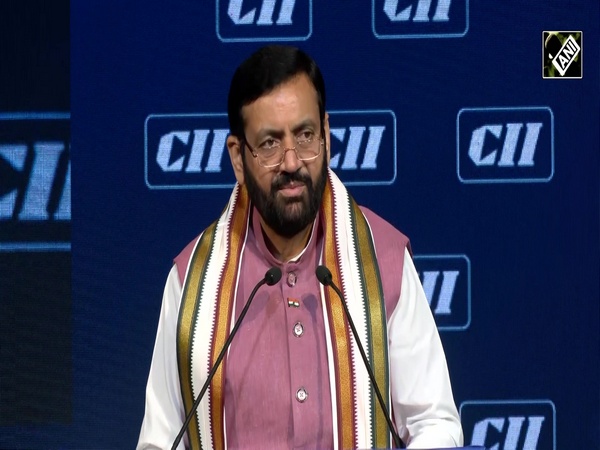Pakistan continues to support cross-border terrorism taking advantage of COVID-19 pandemic: India at UN
Nov 02, 2020

New York [US], November 3 : India on Monday took on Pakistan regarding the issue of cross-border terrorism at the United Nations, saying that the world has come to a standstill due to the COVID-19, but Pakistan has continued to "support cross-border terrorism" taking "advantage of the pandemic".
Speaking at the Interactive Dialogue with Special Rapporteur on contemporary forms of racism, and other related intolerance, Indian diplomat Ashish Sharma, said, "While the world has come to a standstill due to the pandemic, but Pakistan has only enhanced support to cross-border terrorism taking advantage of the pandemic."
"Pakistan has resorted to unbridled hate speech trying to foment violence and intolerance in our country. The hate speech by Pakistan is not merely directed towards one community in India but also against organisations, individuals and even against high ranking political leaders," he said.
The Indian diplomat also said that Pakistan is trying to create divisions among the religious communities as well. "Fortunately, their provocation is falling on deaf ears since India has had a tradition of pluralism and co-existence where all communities live in harmony under a democratic framework," he added.
Furthermore, the Indian envoy called on Pakistan to practice co-existence in their own country and eschew all sectarian violence, discrimination, and intolerance against their own people.
"Today, the world is confronted not only by the challenge of tackling the COVID-19 pandemic, but also the challenge of 'infodemic' which in many cases has been responsible for rise in hate speech and seeding hatred within communities," Sharma said.
He also said that this year in June, India along with 12 countries co-sponsored the Cross-Regional Statement on "Infodemic" in the Context of COVID-19 - first of its kind statement by the UN Member States to counter the increase in hate speech and misinformation during the pandemic.
